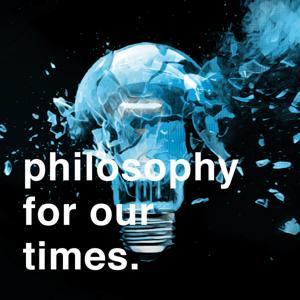
Sign up to save your podcasts
Or



By Peter Adamson, Jonardon Ganeri, Chike Jeffers





4.6
260260 ratings



The podcast currently has 252 episodes available.










The podcast currently has 252 episodes available.

15,249 Listeners

2,107 Listeners

209 Listeners

5,475 Listeners

4,295 Listeners

1,099 Listeners

145 Listeners

1,618 Listeners

1,474 Listeners

1,549 Listeners

319 Listeners

6,293 Listeners

2,053 Listeners

196 Listeners

282 Listeners